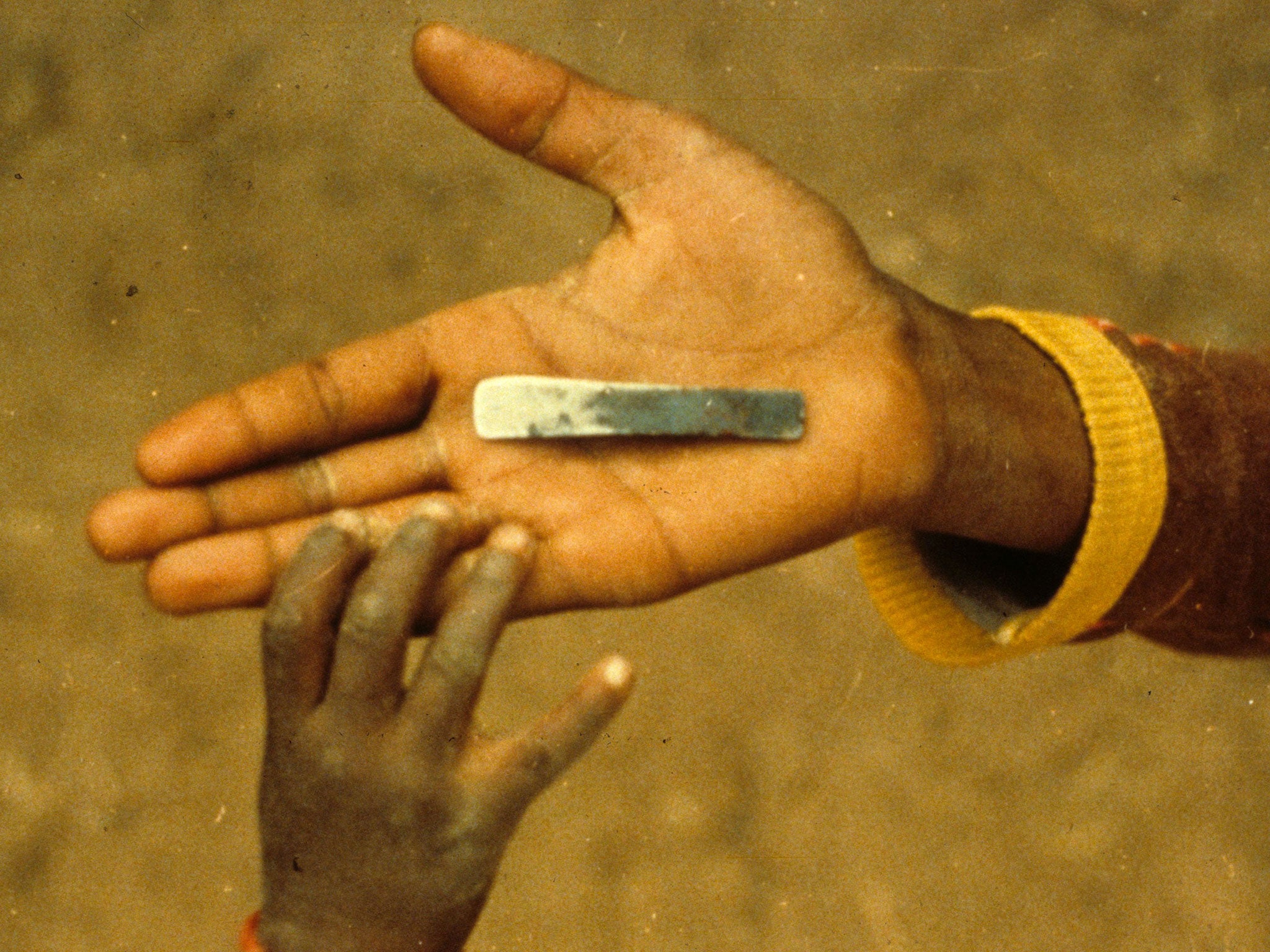FGM is leading cause of death in some nations, study finds
‘Change in patriarchal attitudes often lags behind other societal change – an important first step would be for FGM to be made illegal in the countries where it is within the law,’ report author says

Your support helps us to tell the story
From reproductive rights to climate change to Big Tech, The Independent is on the ground when the story is developing. Whether it's investigating the financials of Elon Musk's pro-Trump PAC or producing our latest documentary, 'The A Word', which shines a light on the American women fighting for reproductive rights, we know how important it is to parse out the facts from the messaging.
At such a critical moment in US history, we need reporters on the ground. Your donation allows us to keep sending journalists to speak to both sides of the story.
The Independent is trusted by Americans across the entire political spectrum. And unlike many other quality news outlets, we choose not to lock Americans out of our reporting and analysis with paywalls. We believe quality journalism should be available to everyone, paid for by those who can afford it.
Your support makes all the difference.Female Genital Mutilation is a leading cause of death in the nations where it is carried out, according to a damning new study.
Researchers found a 50 per cent surge in the number of girls undergoing Female Genital Mutilation (FGM) causes over an estimated 44,000 excess deaths of women and young girls each year in countries where the practice occurs.
FGM, internationally recognised as a human rights violation, refers to any procedure that intentionally alters female genital organs for non-medical reasons. The procedure, which can cause a lifetime of severe health problems and pain, is often carried out without anaesthesia.
Some “girls die from blood loss or infection as a direct result of the procedure”, the NHS states.
The new study, carried out at by the University of Birmingham and Exeter, discovered FGM amounts for more deaths in these nations than any cause apart from respiratory infections, or malaria and enteric infections – which generally stem from consuming contaminated food or water.
Researchers, who looked at the numbers of girls subjected to FGM in Benin, Mali, Burkina Faso, Chad, Guinea, Ethiopia, Cameroon, Chad, Cote D’Ivoire, Egypt, Kenya, Niger, Sierra Leone, Nigeria, Senegal, and Tanzania, noted FGM is legal in five of the 28 countries where it is most performed.
Professor James Rockey, the report’s co-author, said: “Our findings show that FGM is a leading cause of death amongst girls and young women in countries where it is practised, but lasting change requires changing attitudes towards FGM in these communities.
“There is cause for optimism, as work on non-communicable diseases shows effective interventions are possible, but change in patriarchal attitudes often lags behind other societal change – an important first step would be for FGM to be made illegal in the countries where it is within the law, given that legal change can lead to cultural change.”
Researchers, whose findings were published in Nature Scientific Reports, argued FGM should be outlawed in Mali, Chad, Malawi, Sierra Leone, and Liberia, as well as warning measures must be bolstered to tackle FGM in nations where it takes place.
Around the world, over 200 million women and girls are estimated to have endured FGM - with the World Health Organisation estimating the total cost of medical treatment which women and girls access after being subjected to FGM was $1.4 billion in 2018.
While the NHS notes FGM can cause perpetual pain, recurrent infections, which can trigger infertility, bleeding, cysts, abscesses, incontinence, and pain during sex.
The practice can also cause “depression, flashbacks and self-harm and problems during labour and childbirth, which can be life-threatening for mother and baby”, the NHS adds, as well as stating FGM can also cause “reduced sexual desire and a lack of pleasurable sensation”.


Join our commenting forum
Join thought-provoking conversations, follow other Independent readers and see their replies
Comments